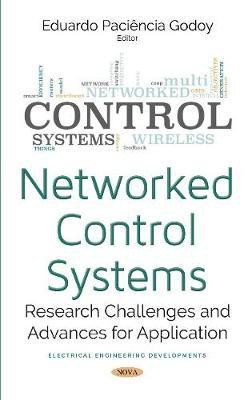Networked Control Systems(English, Paperback, unknown)
Quick Overview
Product Price Comparison
The research topic of networked control systems has been the focus over the last 15 years for the academic and industrial sectors. Networked control systems (NCSs) are distributed control systems in which the sensors, actuators, and controllers are physically separated and connected through an industrial network. NCSs represent the evolution of control architectures, providing greater modularity and control decentralization, maintenance ease and diagnosis, and lower cost of implementation. The R&D on NCSs has been overcoming the effects of the network delays, packet losses and message sampling intervals on NCS performance and stability. The advances in wireless networking technology and the proliferation of industrial wireless sensors have led to an increasing interest in using wireless networks for closed loop control. The main advantages of Wireless Networked Control Systems (WNCSs) are the reconfigurability, easy commissioning and the possibility of installation in places where cabling is impossible. Despite these advantages, a major problem must be considered for practical implementations of WNCSs. The technological concern in WNCSs is the energy efficiency of the devices. As the sensors are powered by batteries, the lowest possible consumption is required to extend battery lifetime without compromising the WNCS control performance. Recently, there has been great interest in the development of IoT-based NCSs. This new type of architecture in which control systems are integrated with IoT-based infrastructures represents the next evolution of networked control architectures. Even though this idea enables a whole range of novel functionalities, feedback control design and architectures for IoT imposes significant challenges that have not been addressed yet. This book compiles the last theoretical and experimental results in the topics of NCSs and WNCSs and starts discussing the last trend of IoT-based NCSs. The book focuses on presenting the research challenges within these topics and the last advances to enable their application in the industry.


